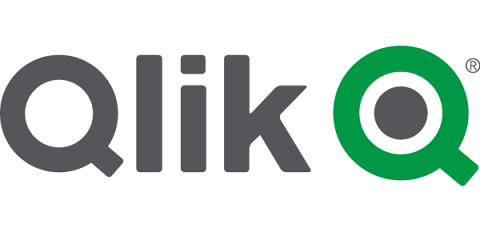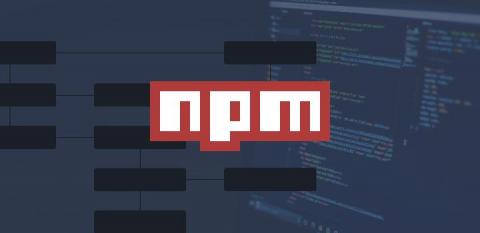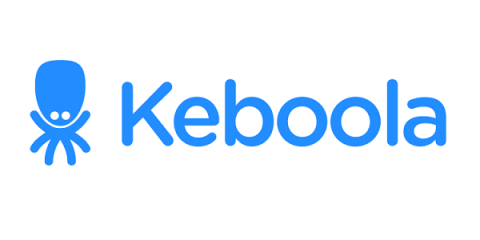Why Should Your Business Move to the Cloud?
Cloud computing is a well-established IT option for businesses of all sizes in the modern era, but there are still plenty of organizations that have remained reticent about adoption. If you are in this camp, here is a look at a few of the reasons that migrating an on-premise data warehouse to the cloud may make a lot of sense, in addition to the other contexts in which the cloud could be a better fit for your business.










